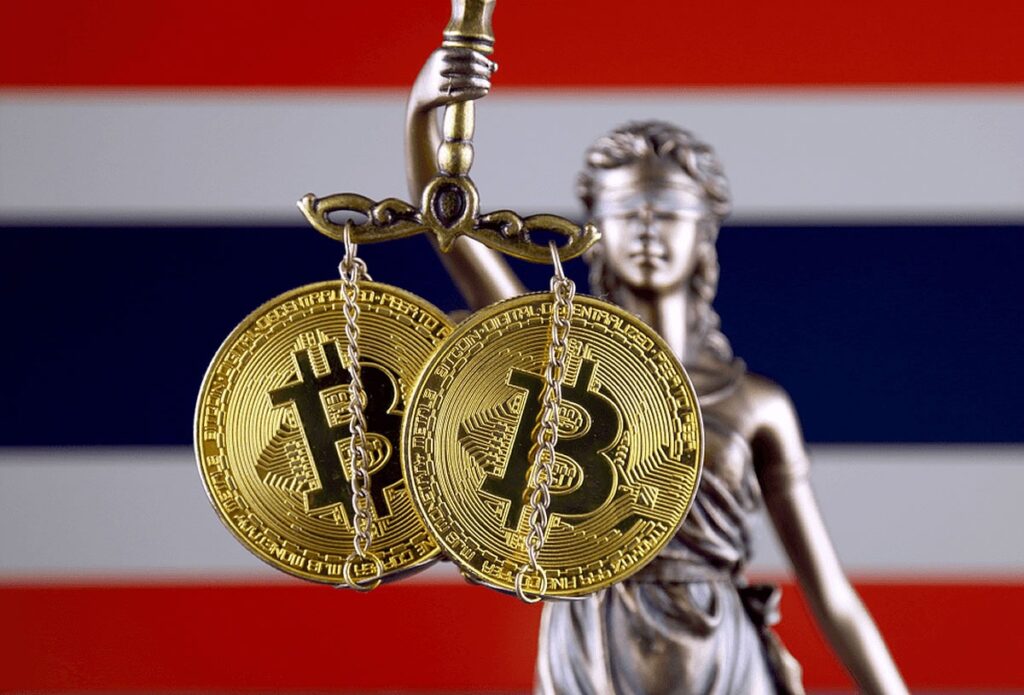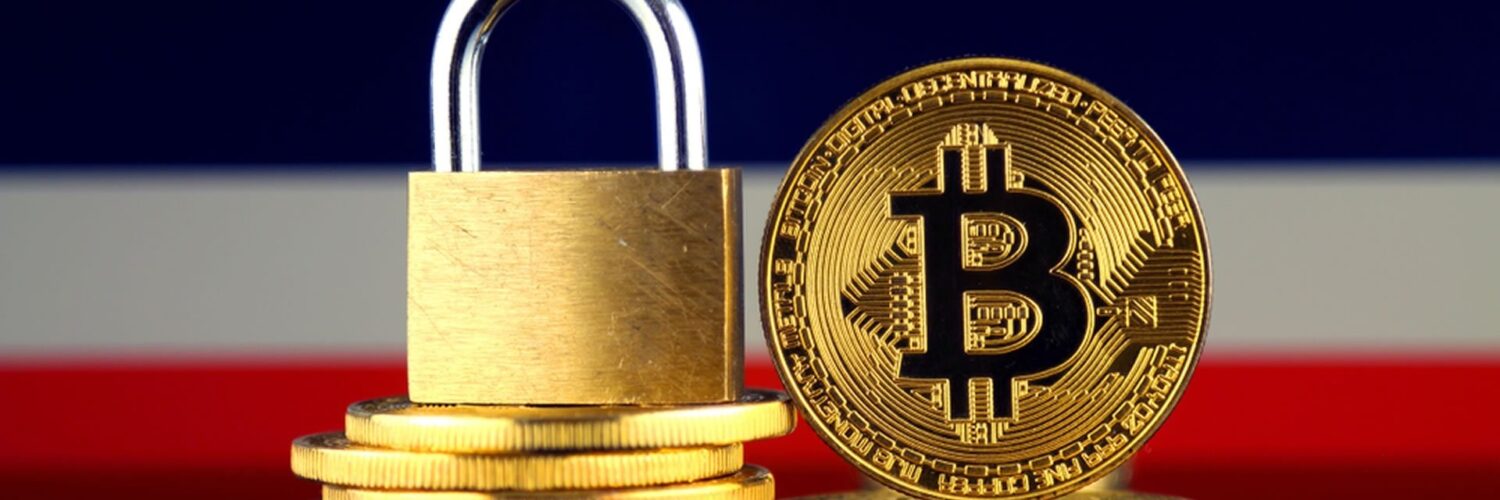Thailand’s regulatory authorities have taken a decisive step to enhance law enforcement in the digital asset space. In a recent move, they announced plans to block “unauthorized” crypto exchanges operating within the country. The decision aims to strike a balance between supporting the crypto ecosystem and preventing fraudulent activities. While institutional investors and high-net-worth individuals are allowed to invest in crypto exchange-traded funds (ETFs), the authorities emphasize the importance of custodians having contingency plans. In this article, we delve into the specifics of Thailand’s crackdown on unlicensed platforms and its implications for users and the broader crypto community.
Decision to Block Unauthorized Platforms
In a significant move, Thai regulatory authorities have taken a firm stance against unlicensed crypto exchanges operating within their jurisdiction. The decision aims to bolster law enforcement efforts in addressing online criminal activities related to digital assets. By blocking unauthorized platforms, the authorities intend to create a safer environment for users and curb potential fraudulent practices.
While the specific entities deemed unauthorized have not been publicly disclosed, users are strongly encouraged to swiftly withdraw their assets from these platforms. This proactive measure underscores the seriousness of the situation and emphasizes the need for compliance with regulatory guidelines. As the crypto landscape continues to evolve, Thailand’s authorities are prioritizing security and investor protection, even as they navigate the delicate balance between fostering innovation and preventing illicit activities.

SEC’s Role and User Impact
The Thai SEC has assumed a pivotal role in enforcing regulations related to digital asset service providers. Specifically, the SEC will compile and submit information about unauthorized platforms to the Ministry of Digital Economy and Society. By doing so, they aim to streamline the process of identifying and addressing unlicensed entities operating within the crypto space.
For users, this development carries significant implications. While the SEC takes action against unauthorized platforms, users will be granted a window of time to manage their accounts. However, once the deadline passes, these platforms will become inaccessible. Consequently, users are strongly advised to promptly withdraw their assets from these services. The emphasis on timely asset withdrawal underscores the urgency of compliance and highlights the SEC’s commitment to investor protection.
Global Context
Thailand recognizes the potential of cryptocurrencies and blockchain technology. By allowing institutional investors and high-net-worth individuals to invest in crypto exchange-traded funds (ETFs), they signal their commitment to embracing digital assets. This supportive stance encourages growth, investment, and technological advancements within the crypto space.
Simultaneously, Thai regulators remain vigilant against fraud and illicit activities. They understand the risks associated with unlicensed platforms and unauthorized exchanges. Emphasizing the importance of custodians having contingency plans underscores their dedication to investor protection. By doing so, they aim to prevent potential crises and ensure the security of users’ assets.

Conclusion
Thailand’s regulatory landscape is at a critical juncture, balancing the need to foster innovation within the crypto ecosystem while safeguarding against fraudulent practices. The decision to block unauthorized crypto platforms underscores the authorities’ commitment to law enforcement efficiency and user protection. By urging users to swiftly withdraw their assets from unlicensed exchanges, Thailand aims to create a safer environment for digital asset transactions.
Furthermore, the Thai Securities and Exchange Commission (SEC) plays a pivotal role in this process. Their submission of information on unauthorized digital asset service providers to the Ministry of Digital Economy and Society ensures a systematic approach to identifying and addressing unlicensed entities. Users, in turn, must heed the SEC’s advice and manage their accounts promptly to avoid disruptions once the platforms become inaccessible.
In the broader global context, Thailand’s approach reflects a delicate balance. While allowing institutional investors and high-net-worth individuals to participate in crypto ETFs, the emphasis on custodians having contingency plans highlights the importance of security. As the crypto landscape evolves, Thailand’s regulators remain vigilant, striving to create a robust ecosystem that thrives under regulatory oversight.





Add comment